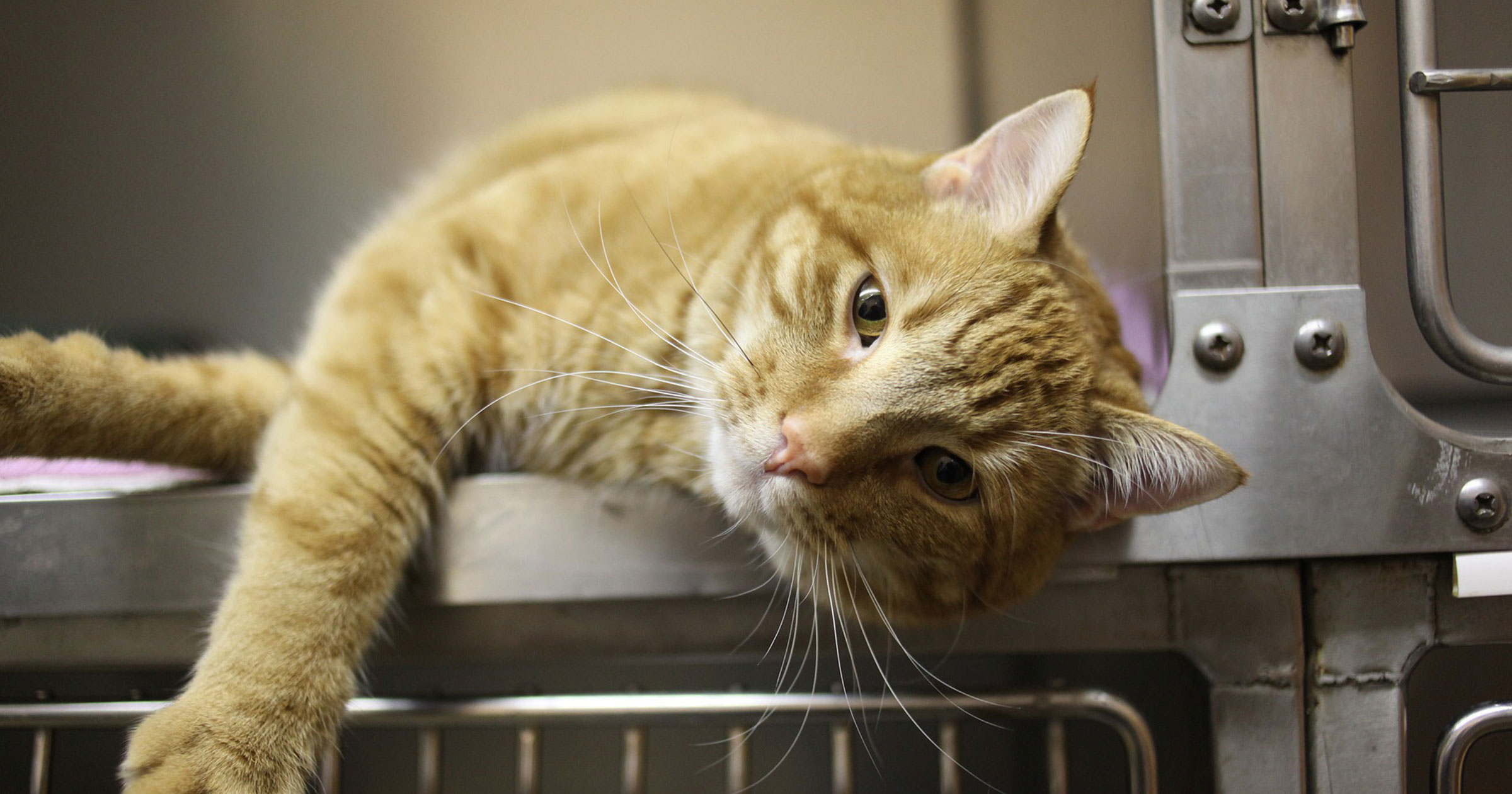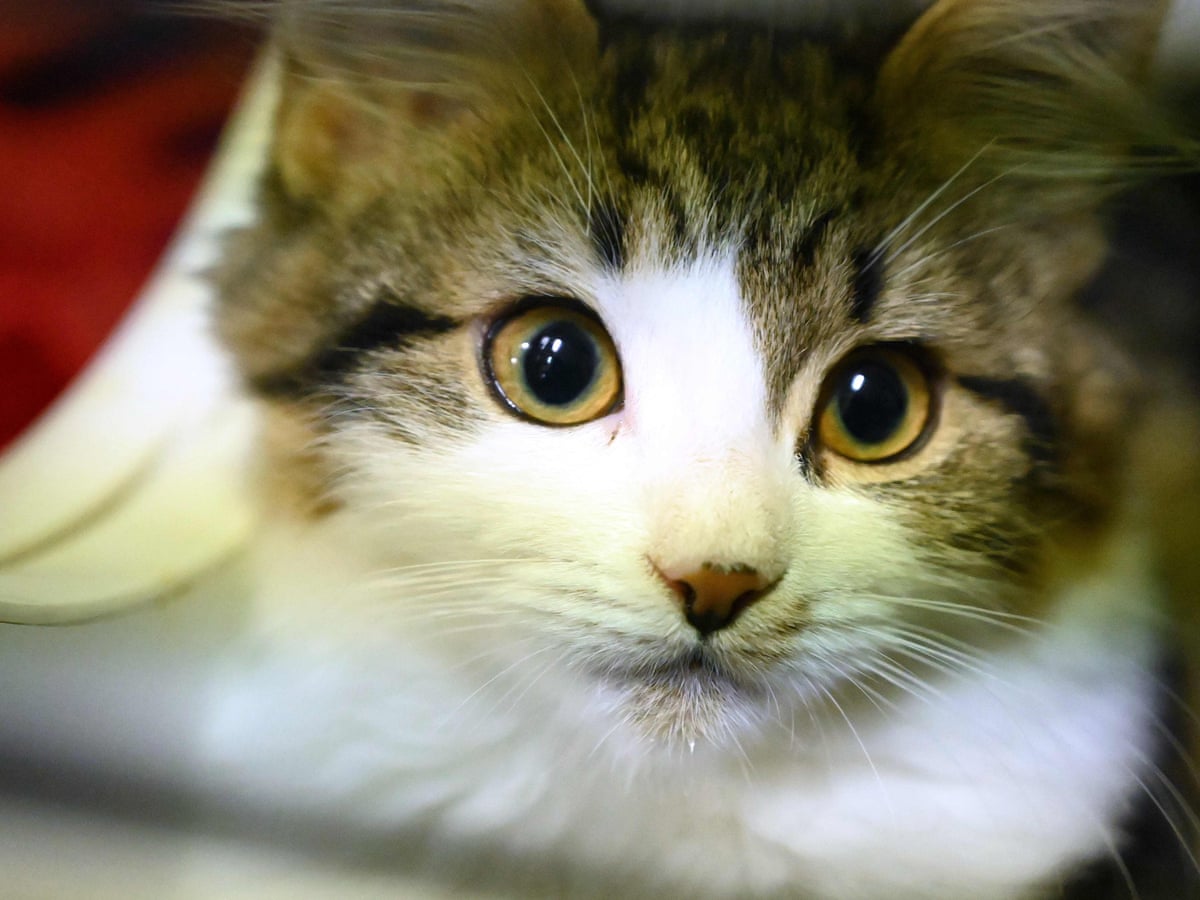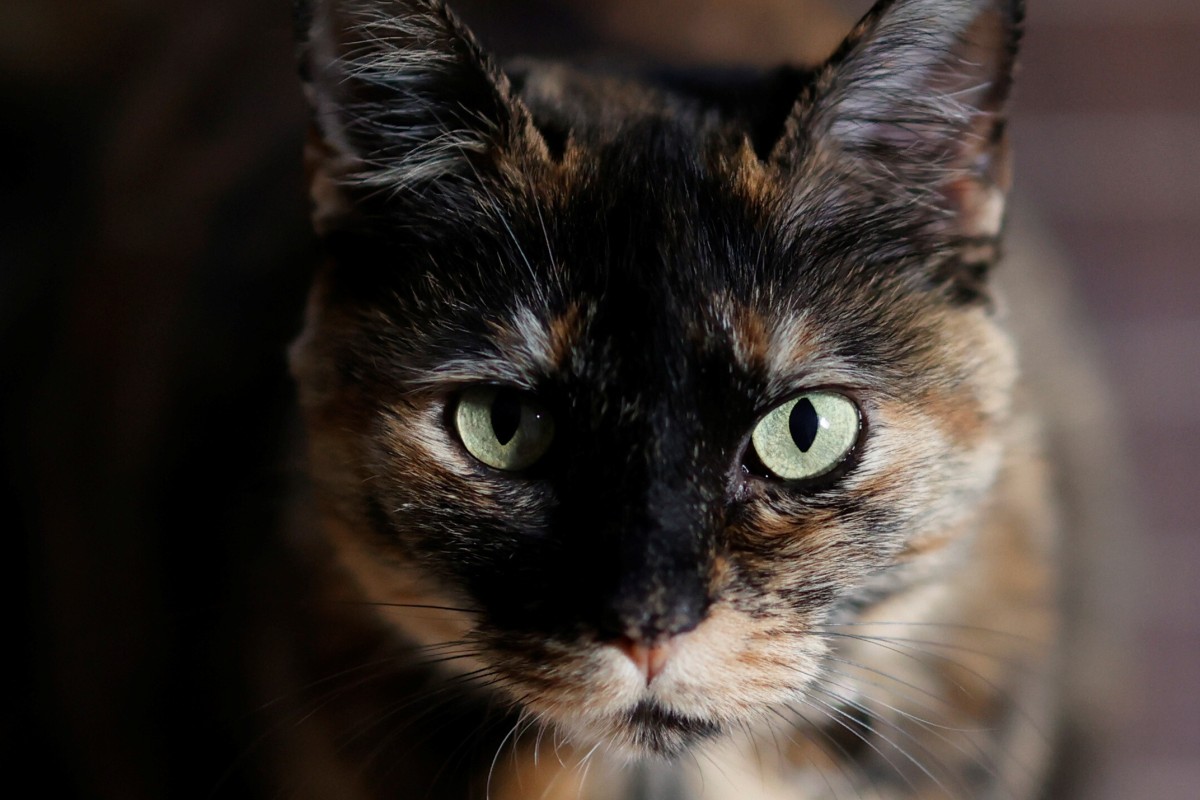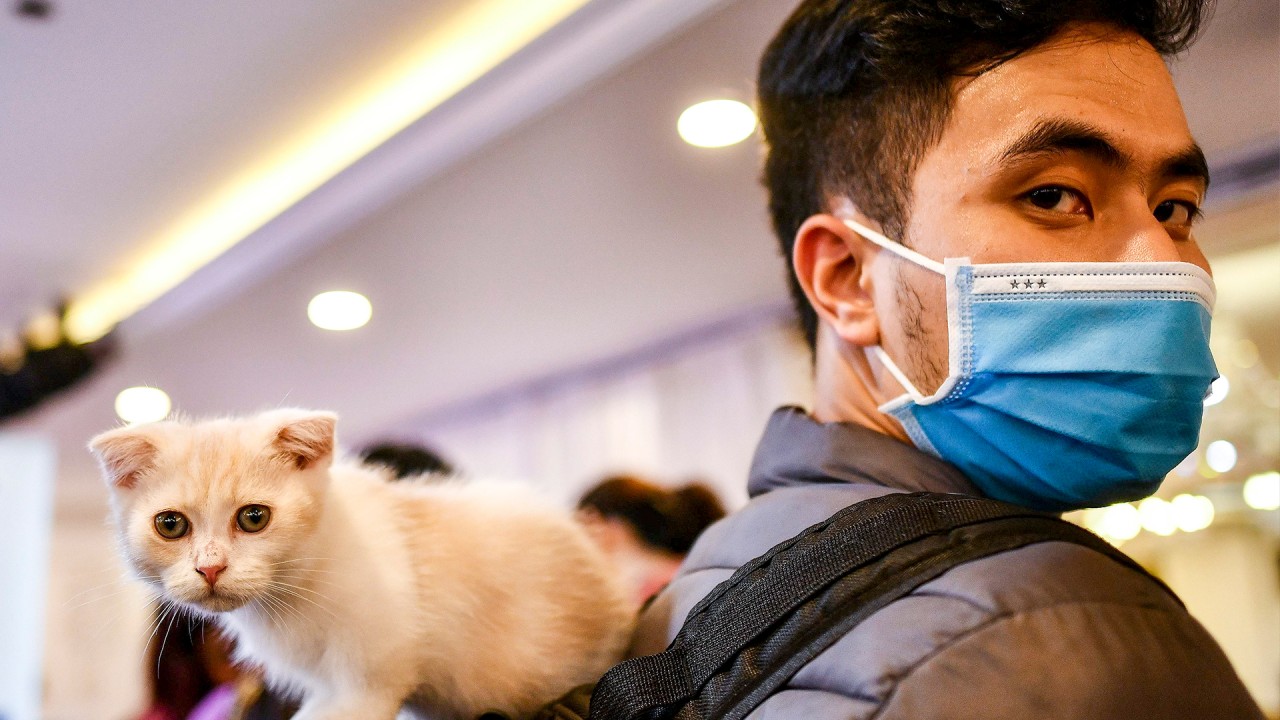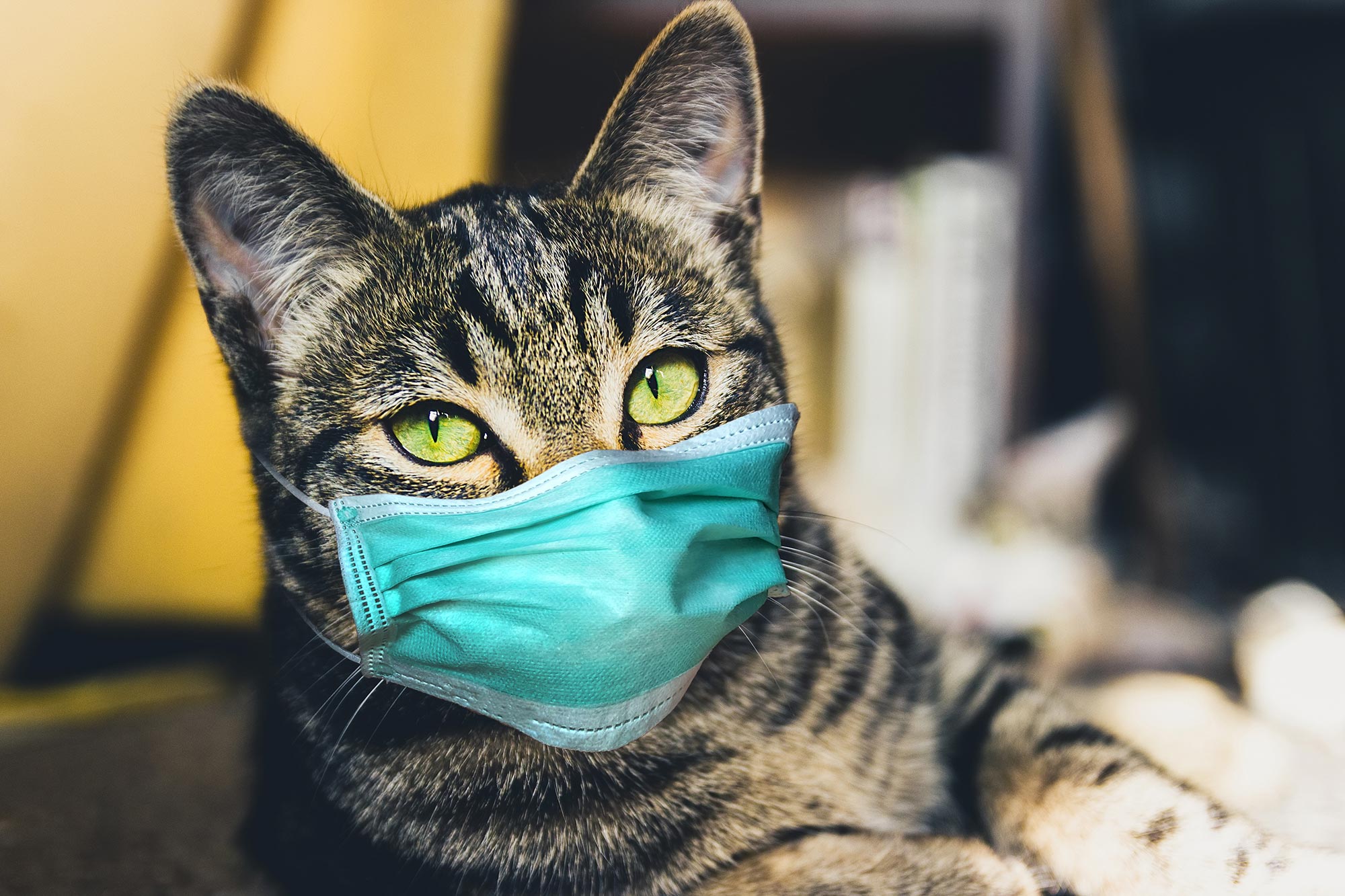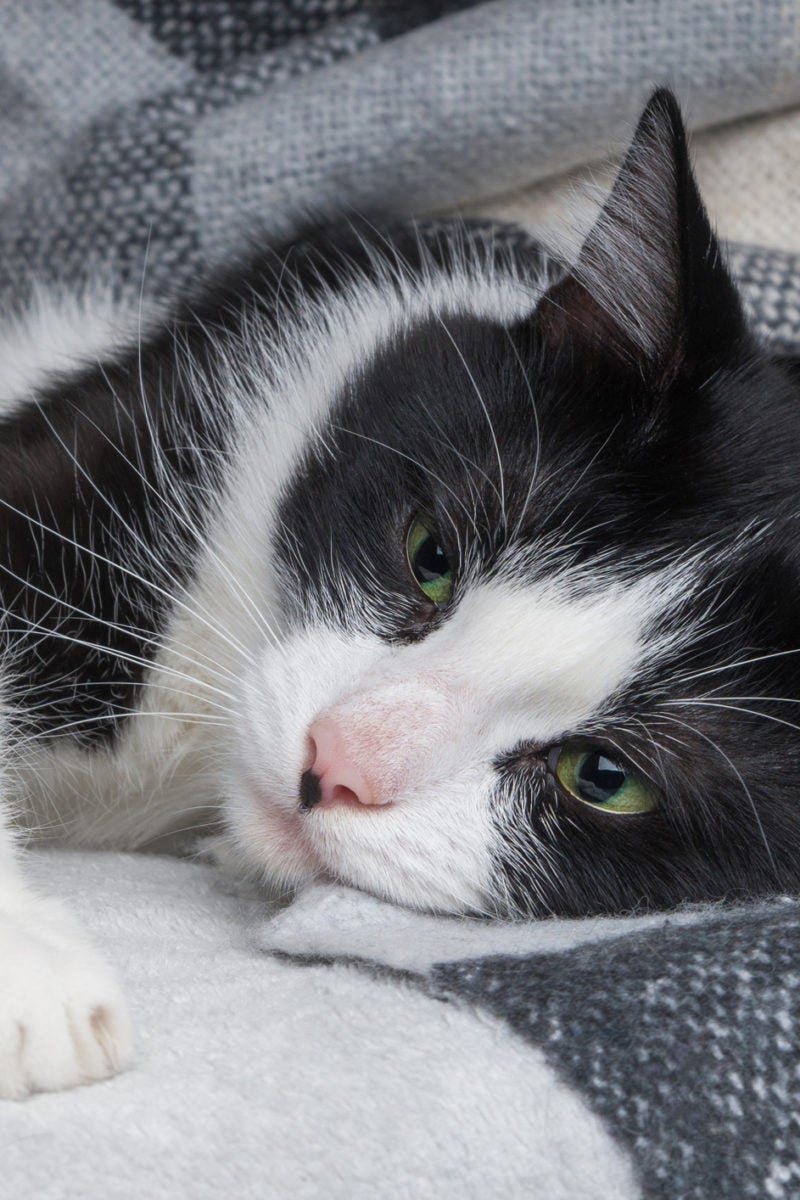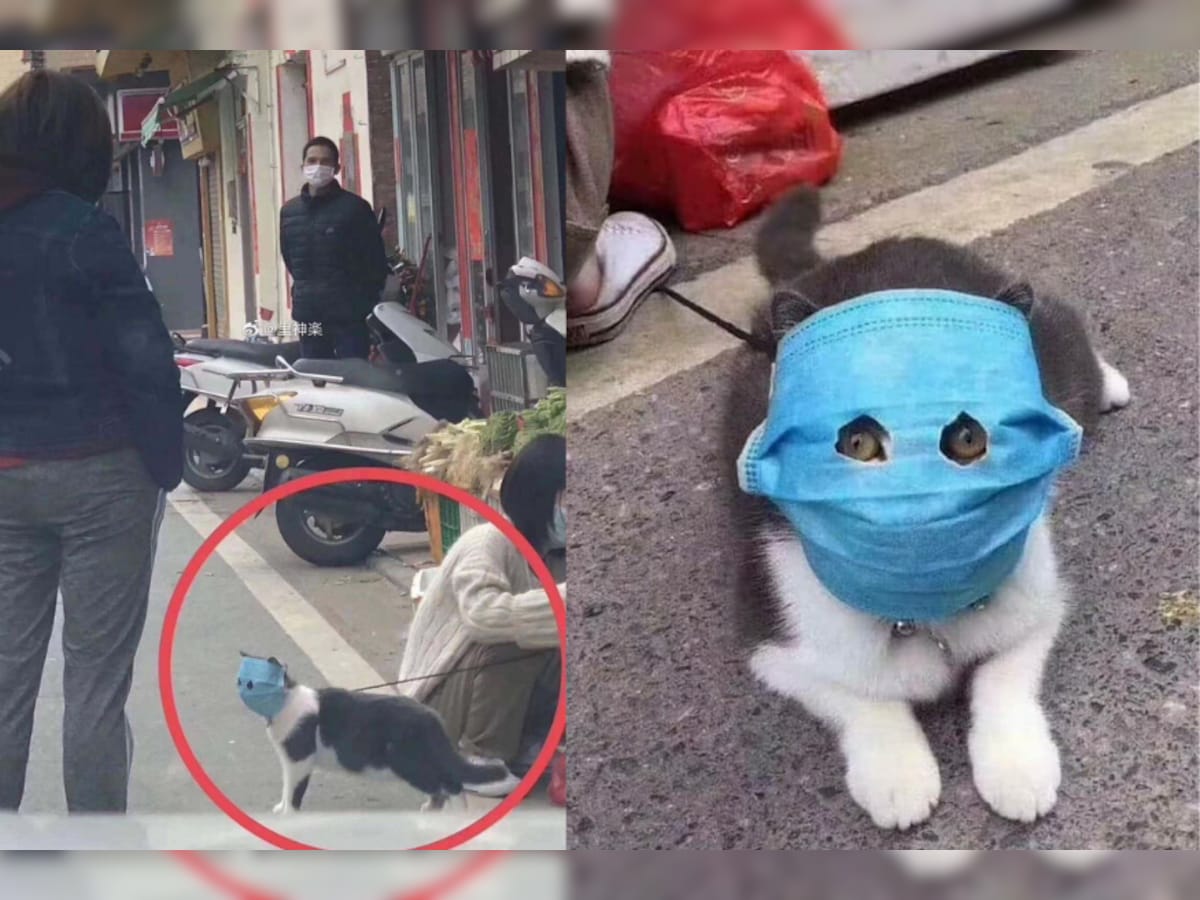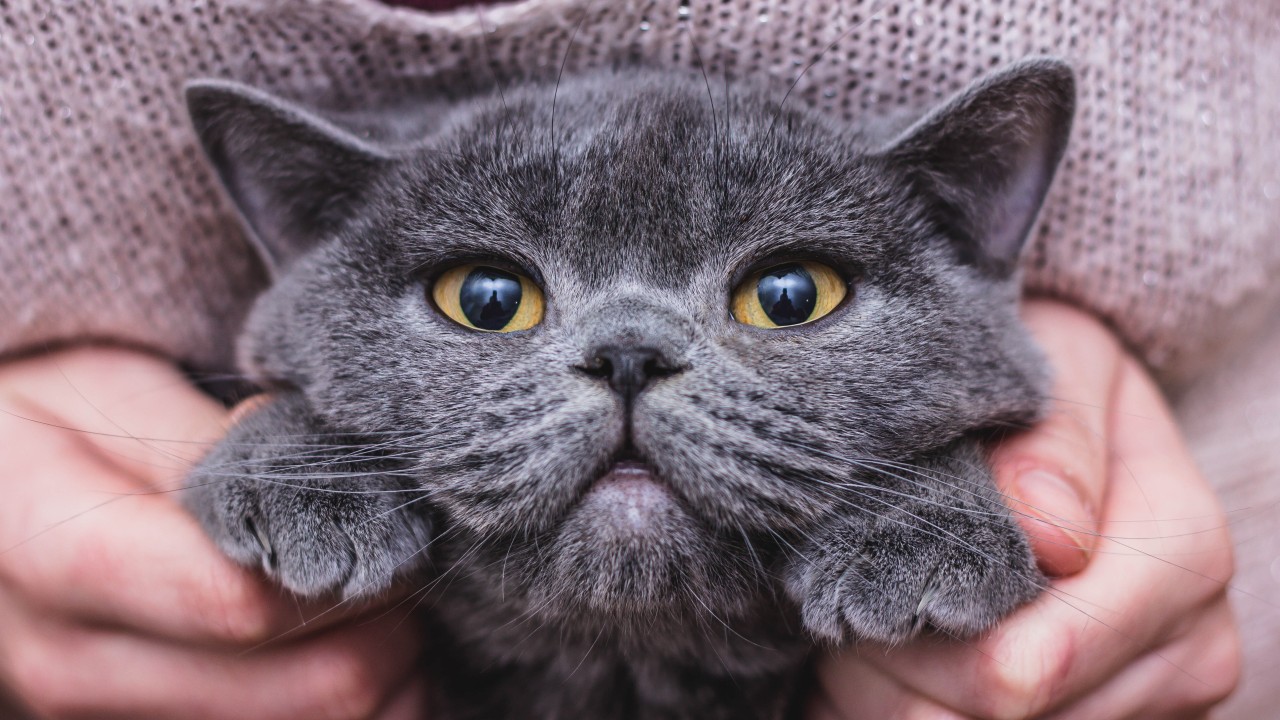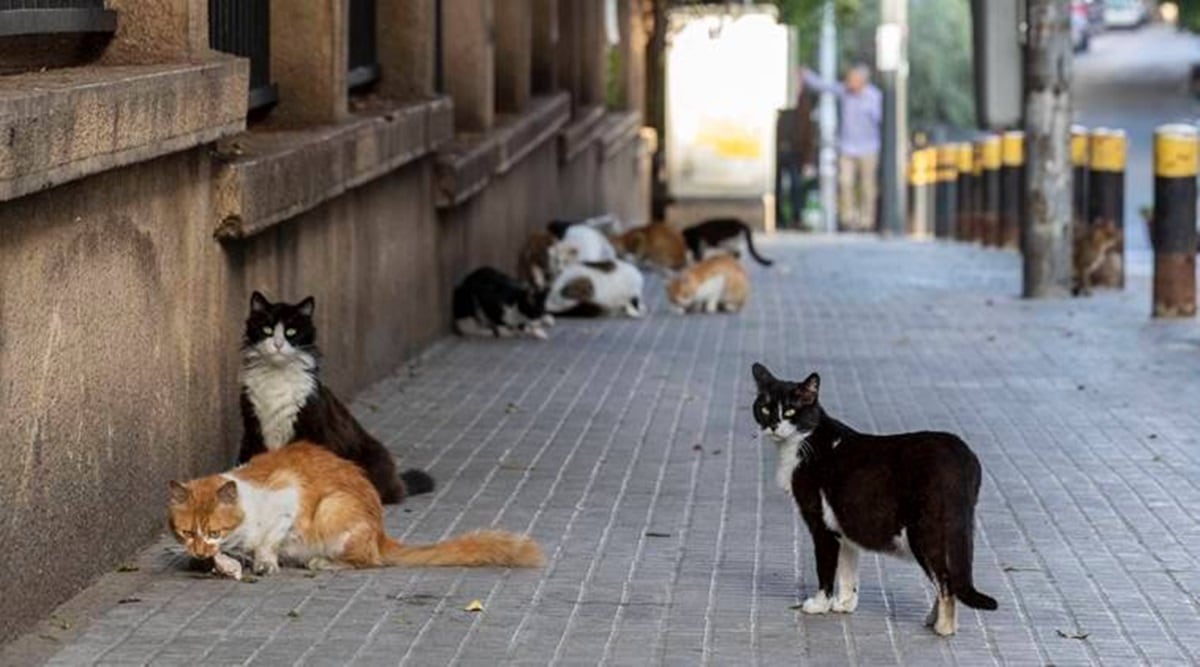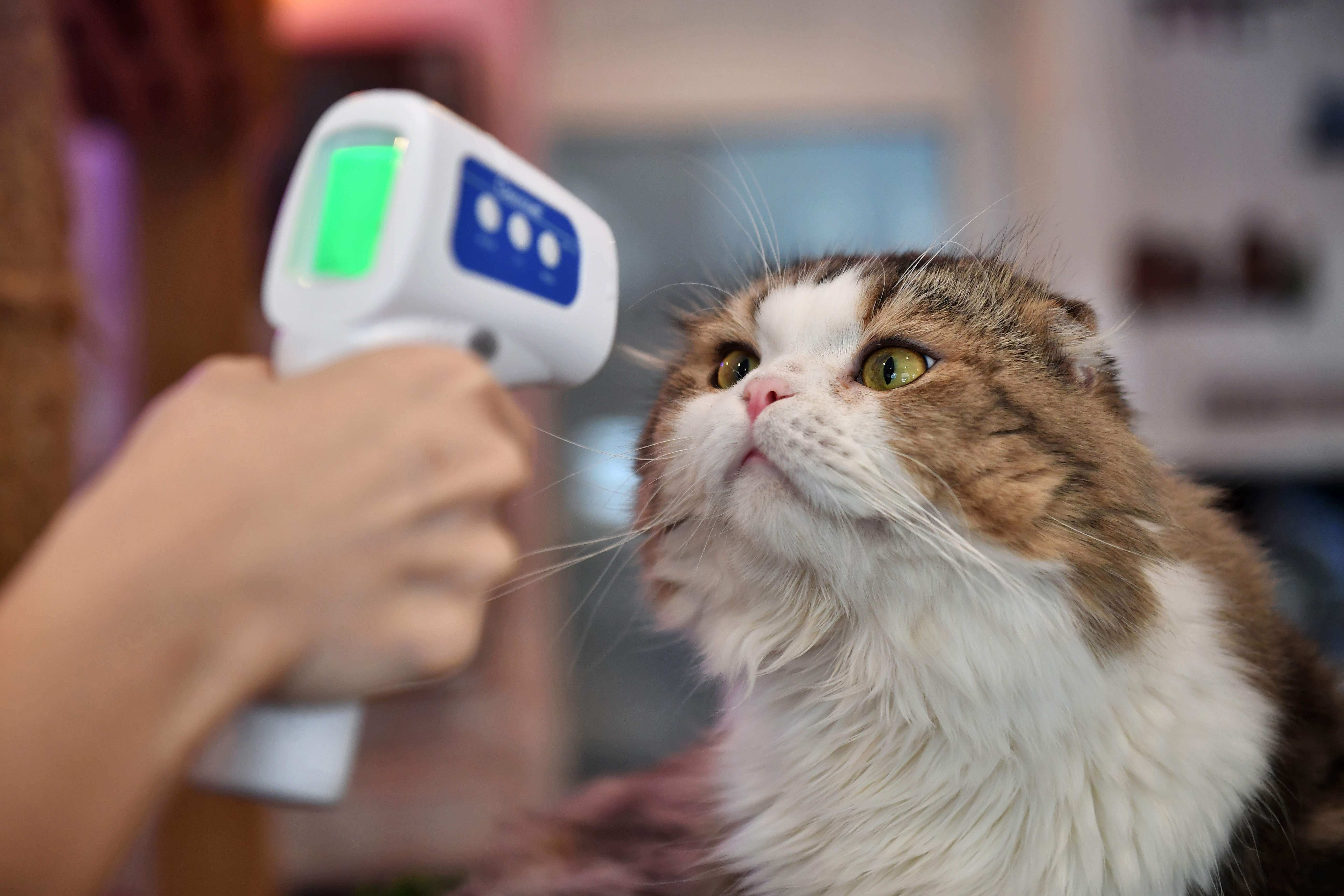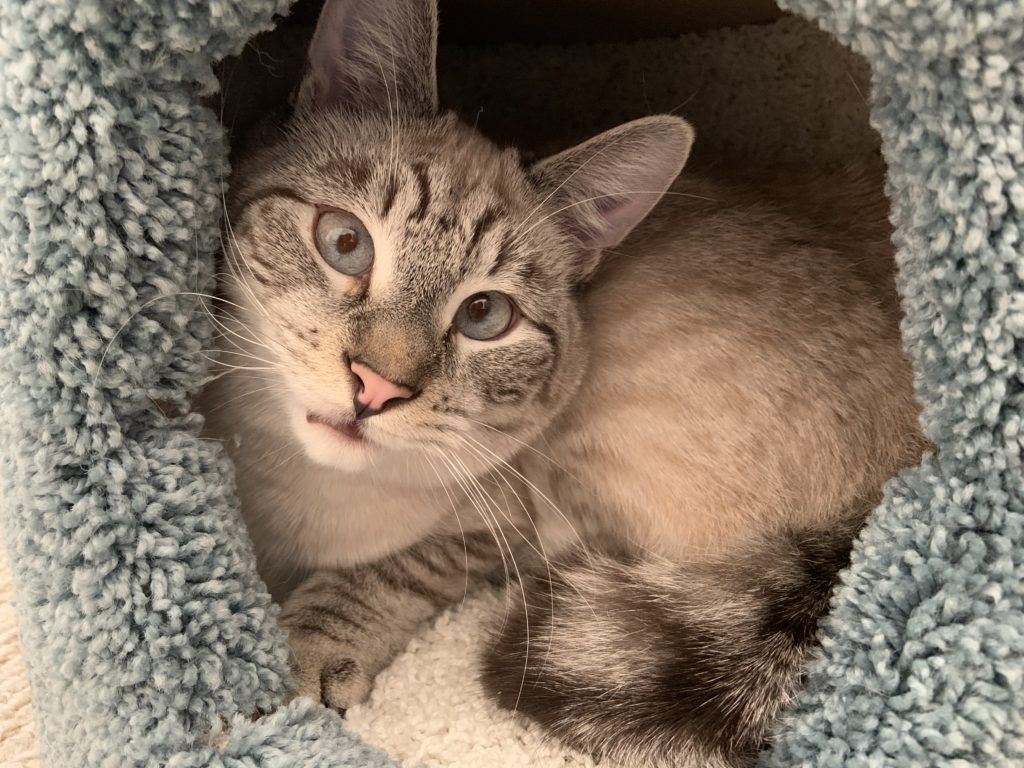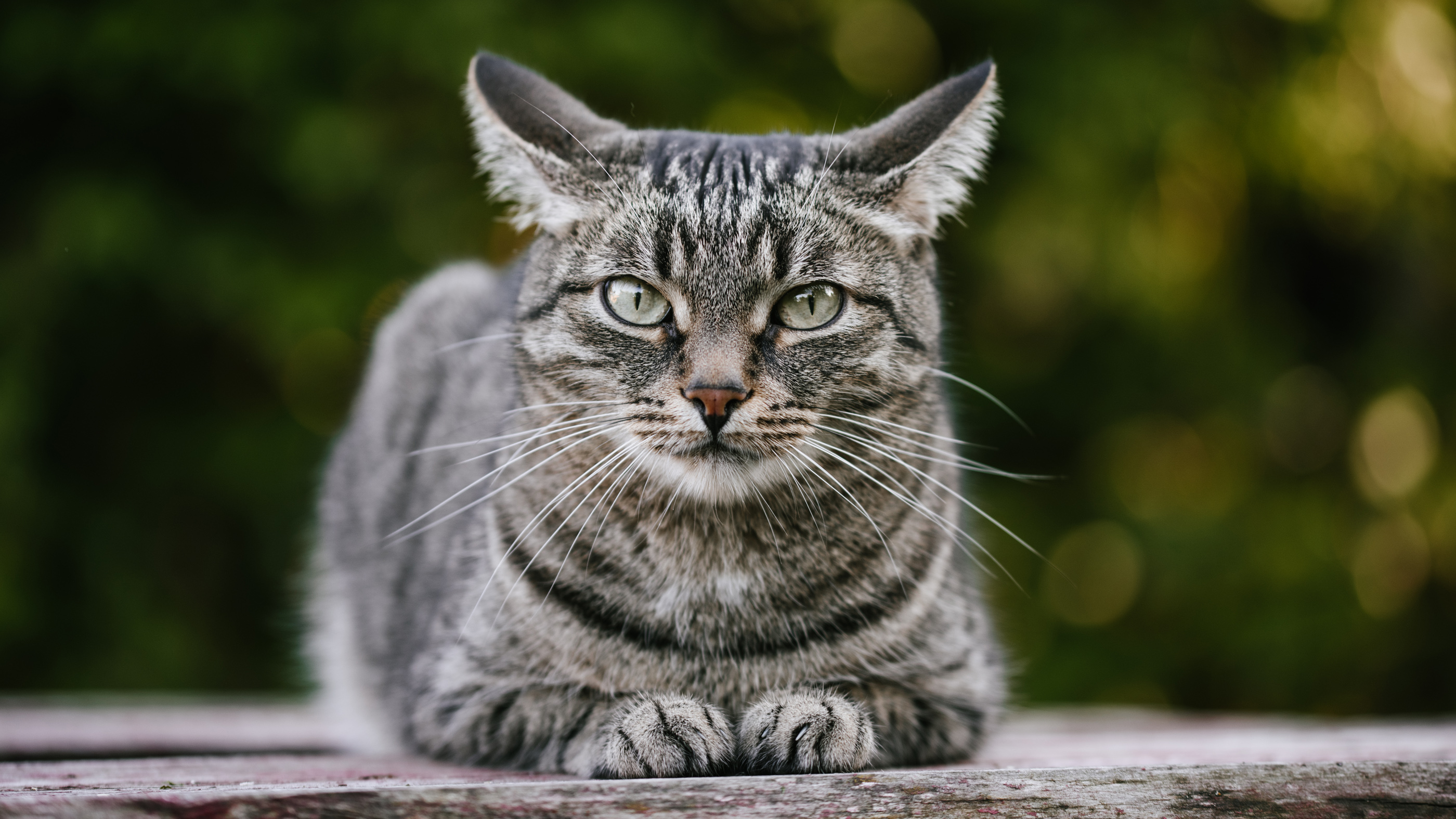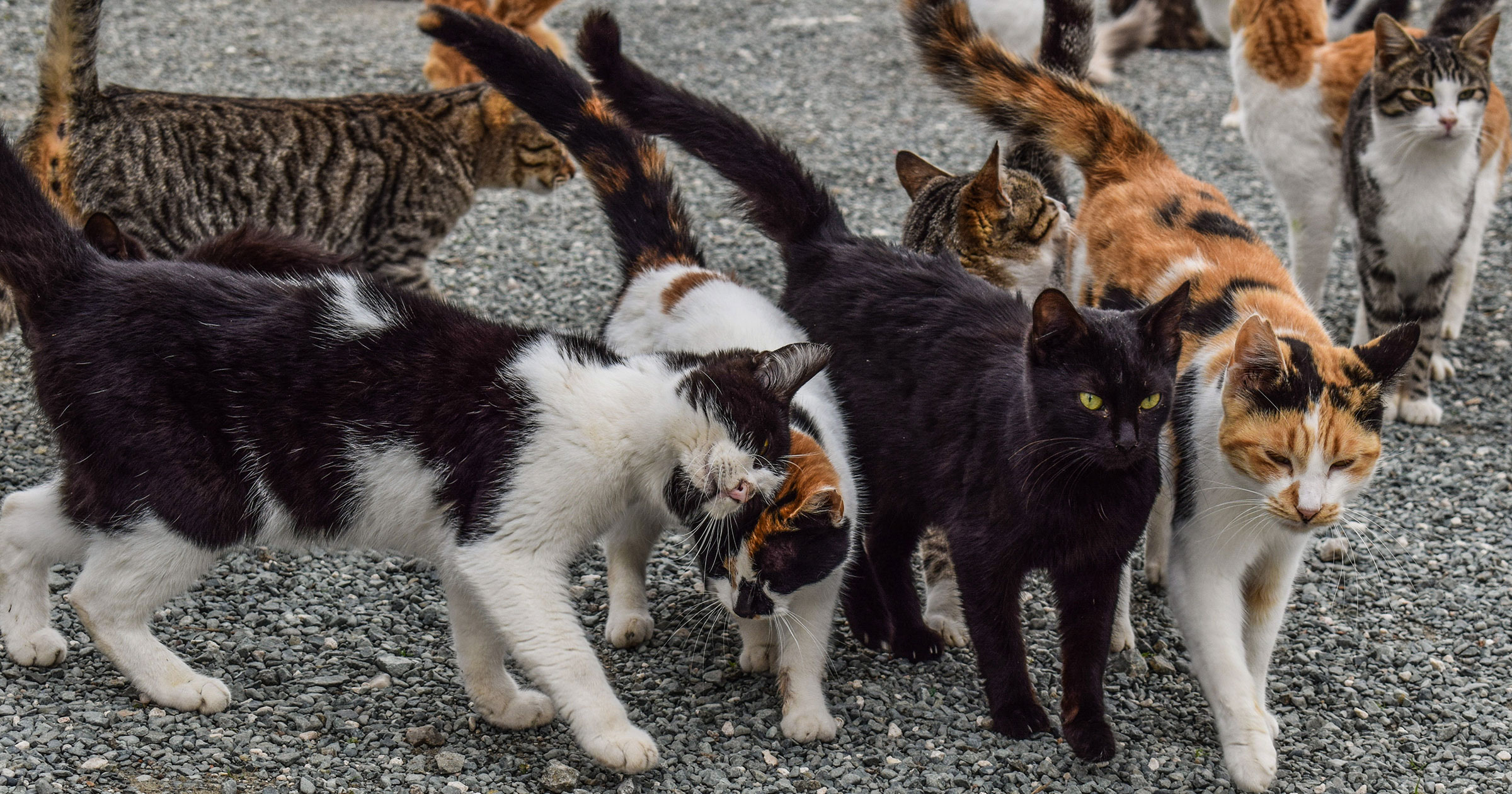Coronavirus In Cats Symptoms

Eight cats and dogs that lived in the same homes as the pets that tested positive for.
Coronavirus in cats symptoms. Mutation of FECV to a biotype capable of infection and replication within macrophages is responsible for development of feline. Signs of coronavirus can be respiratory such as sneezing discharge from the nose runny eyes or gastrointestinal such as diarrhea or vomiting in origin. Symptoms of feline herpes includes sneezing attacks discharge from the nose and eyes conjunctivitis or pink eye lesions in and around the eyes ulcers and congestion.
Fever- A normal temperature for your cat falls between 995-1025 Fahrenheit. What clinical signs do infected cats show. Investigators are still unsure of the routes by which strains of coronavirus are transmitted between cats.
At this point it appears house cats with COVID-19 developed a mild to moderate cough potentially accompanied by an increased breathing rate or. None of them died. Cat aficionados are most familiar with the ubiquitous feline coronavirus FCoV which is shed in the feces of infected cats and usually causes relatively benign self-limiting gastrointestinal problems in infected cats.
Symptoms of coronavirus in cats. If they do develop signs then we usually see mild self-limiting diarrhoea due to some damage to the small intestinal cells. Most infected pets were found to be asymptomatic or displayed mild Covid symptoms.
The first signs of illness following infection from the feline infectious peritonitis virus can show after just a few days or only several months later. Coronaviruses are a large family of viruses. The cat with coronavirus had symptoms of feline herpes Professor Weir told LBCs Tom Swarbrick.
Symptoms of Covid-19 in animals. Report any symptoms to your veterinarian as soon as possible. The cat experienced breathing difficulties and nasal discharge stock image.
